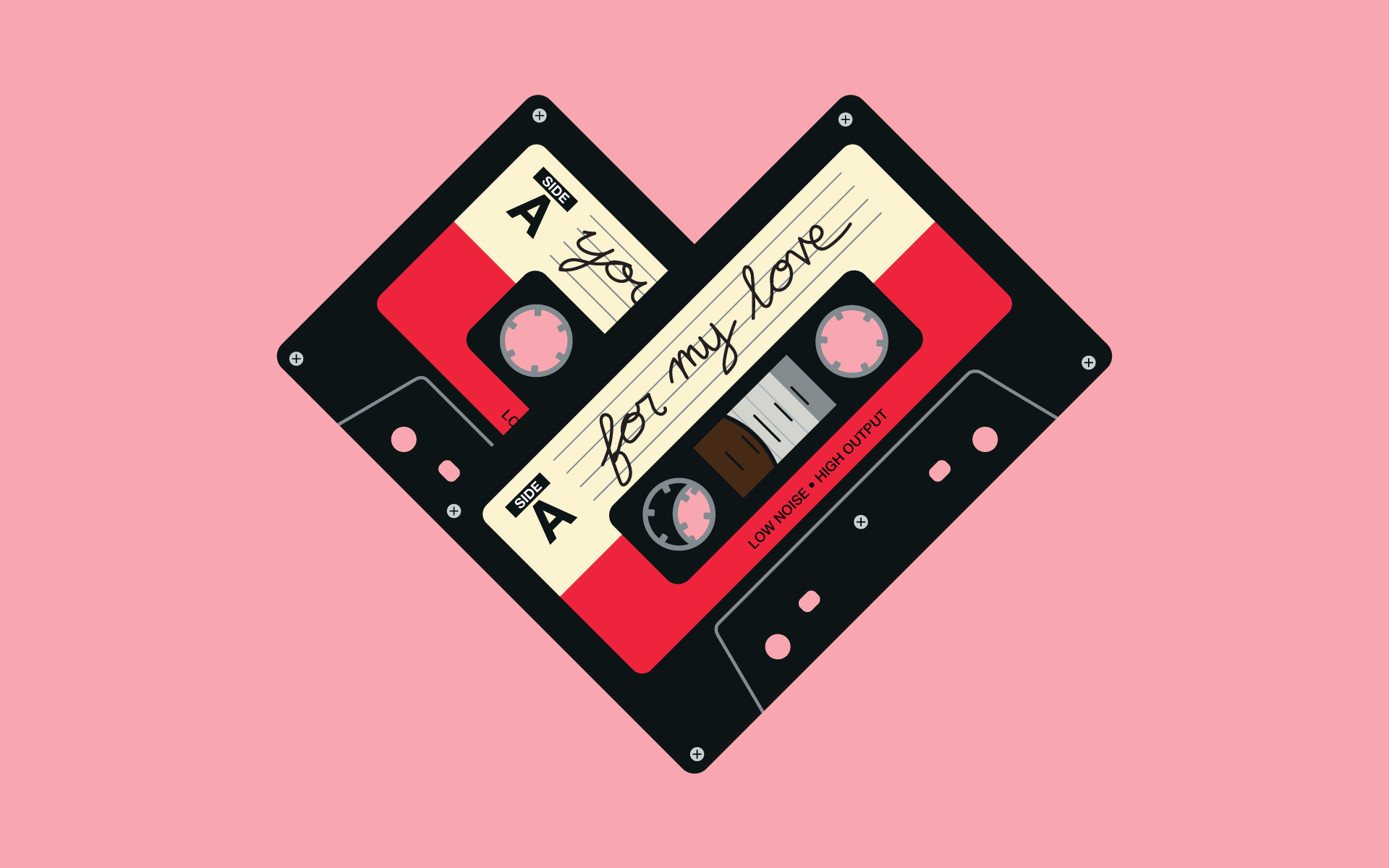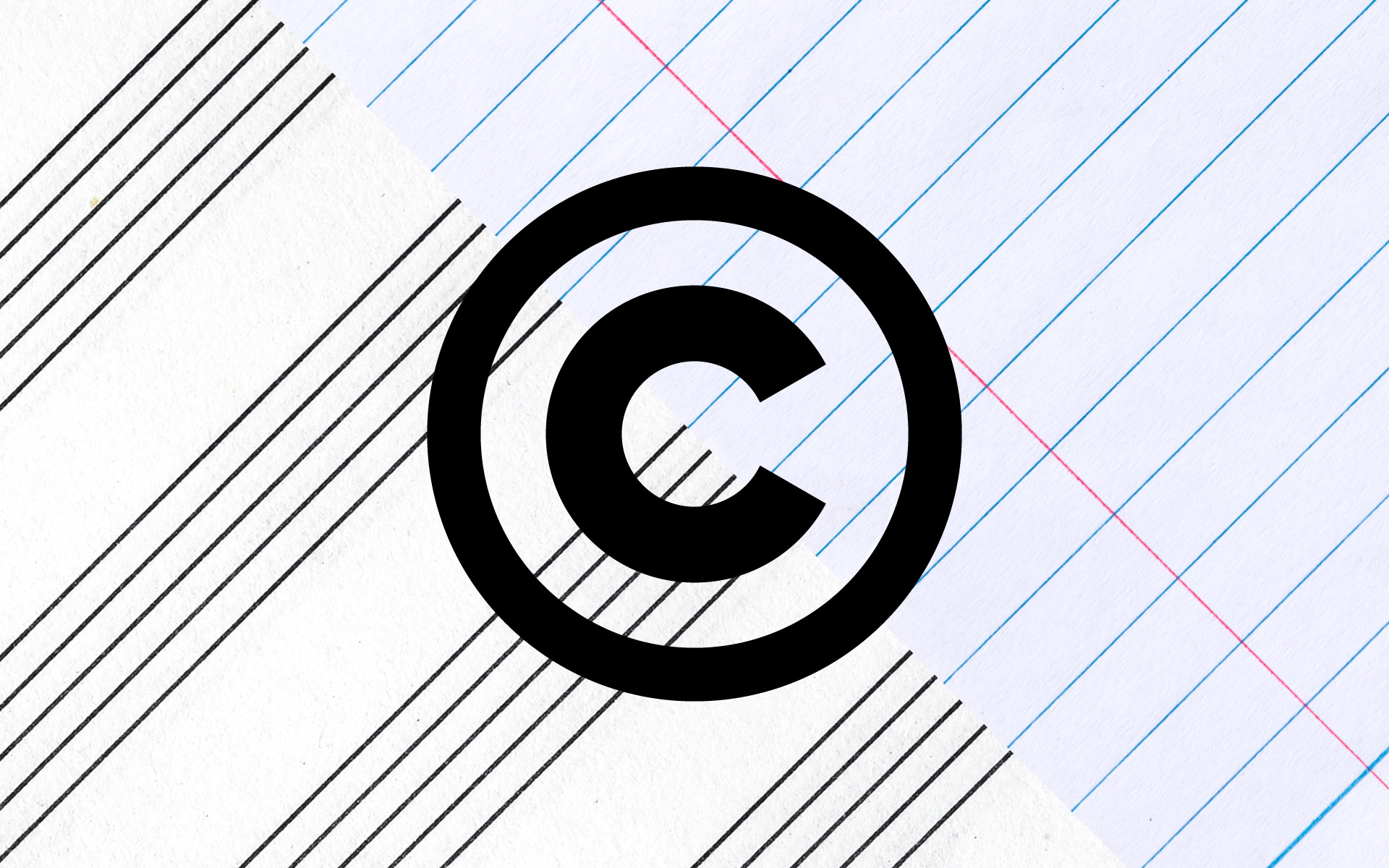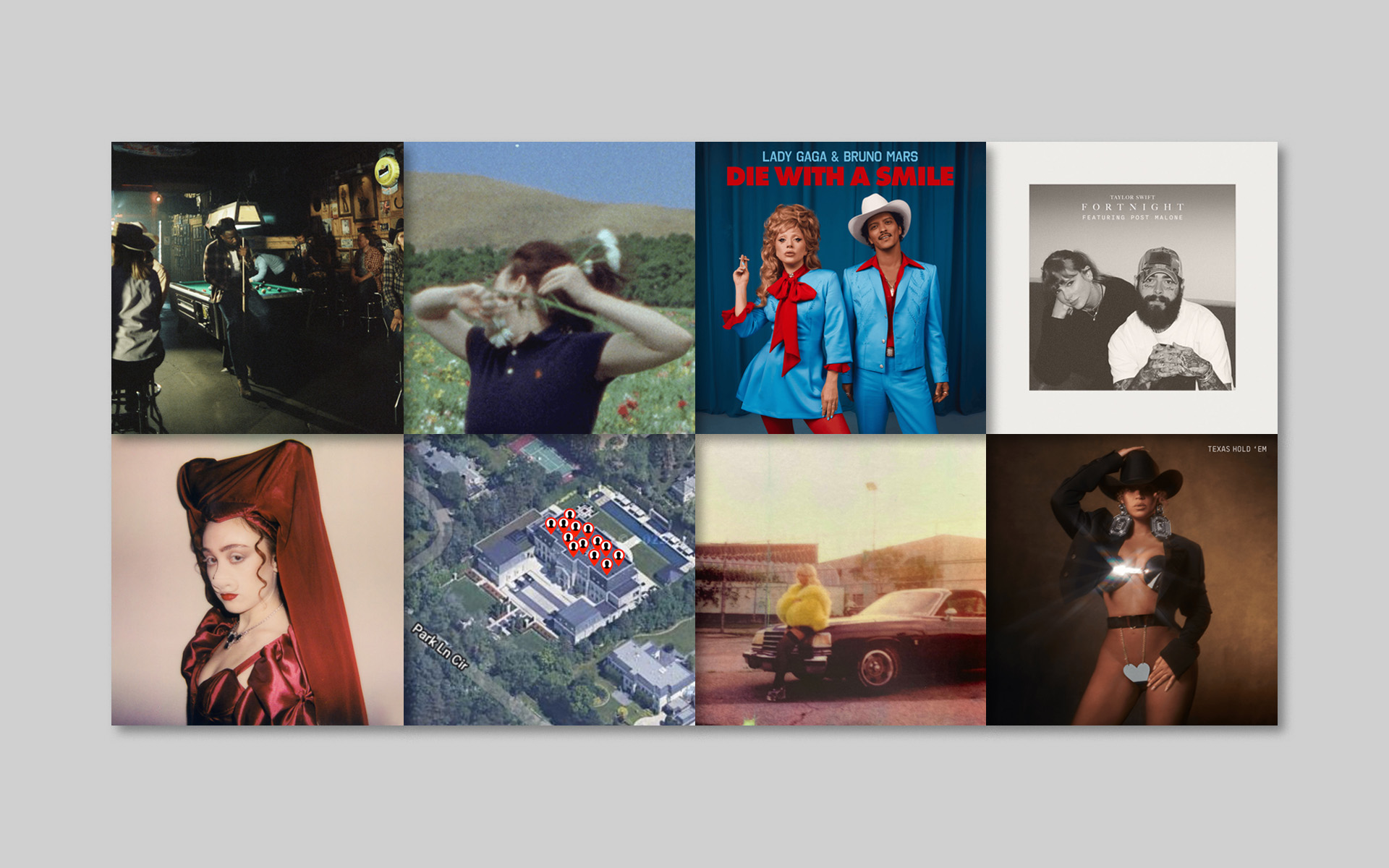The following information on how to choose a song title is excerpted from the Berklee Online course Lyric Writing: Writing From the Title, written by Pat Pattison, and currently enrolling.
As a songwriter, finding a song title is the big question, and the hard one, because a title is only as good as your imagination—your ability to do something interesting with it. You could take a DNA title like “Tangled Up in Blue” and take it nowhere. You could take a parasitic title like “All of Me” and move the audience to laughter or tears. In general, however, effective titles seem to have some of the following characteristics. They:
- Distill and embody the central idea of the song.
- Define a foundation that all the sections of the lyric move toward and develop from.
- Are able to be developed over a series of sections, maintaining interest and focus as the song evolves.
- Are engaging and interesting, either in themselves or in the ideas they are able to provoke.
How to Make a Song Title Interesting
Song titles often have features that make them interesting. Any listing of these features is doomed to be incomplete and arbitrary, arrived at inductively by looking at lots of titles. The list is as varied as your imagination. I could say, for example, that titles sometimes contain colors, and point to “Blue Monday,” “The Purple People Eater,” and “Tie a Yellow Ribbon.” Does that mean you should get out the big box of crayons and start browsing? Maybe. But it’s still a crap shoot.
Get Specific
What makes these titles effective could be that they provoke a sense response. They are specific rather than general. Does that mean that “The End of the Innocence” isn’t a good song title? Hardly. But looking at categories like “one-word titles,” or “names of states,” or “people’s names” can be stimulating. So can seeing a good movie or eavesdropping on a conversation in a bar. An introduction and the subsequent “How do you do” might stimulate “How do you do what you do to me?”
Transform Clichés
Perhaps your friend says they can’t stand the ups and downs in their relationship, and you think “They’re on a real roller-coaster ride. Well, they bought the ticket to ride when they proposed.” So now you see that sometimes titles can suggest or contain metaphor or simile. (“Wind Beneath My Wings,” “Train in the Distance,” “Your Body is a Wonderland,” “Hard Candy Christmas,” “Cleaning Out My Closet”)
Should you now tune your title-sniffer to the land of comparative language, browsing through Eudora Welty’s short stories for the gold mine of similes contained therein? Absolutely. Should you take note when the businessperson at the bar raises their glass to the server and says “Nurse?” Maybe. Anything to stimulate your own creativity.
Use a Clever Twist on Words
Then you get the email containing the 25 worst country music titles and read “She Got the Gold Mine, I Got the Shaft.” It’s like watching a car crash. You don’t really want to look, but you can’t look away. Should you start looking for titles containing a clever twist on words, like “Don’t It Make My Brown Eyes Blue?”
Again, the answer is yes.
Should I now start looking in Bartlett’s Familiar Quotations? Couldn’t hurt.
Components of Good Titles
And how about those wonderful titles that sound so nifty? You notice that they contain some sonic relationships, or sonic bonding, either with vowels (assonance) or consonants (alliteration), or both. (“Ain’t Misbehavin’,” “Bewitched, Bothered, and Bewildered,” “Blue Moon,” “Feeling I’m Falling,” “The Right Time of the Night,” “Help Yourself.”)
Should you start listening, using your rhyming dictionary, or perhaps a dictionary of alliteration? Great ideas!
- Opposites (wrong, right; sun, moon; dark, light; in, out; up, down, etc.)
- Repetition (“Turn, Turn, Turn,” “On and On”)
- Repetition with Variation (“Already Ready”)
- Double meanings (“Mean to Me,” “Night Moves,” “Just about Now”)
Where Titles Can Be Found
There are so many places to stimulate your imagination. If you pay attention, you can often find effective titles in places like these:
- Billboard signs
- Product slogans
- Book and movie titles
- Interesting things people say
- Songs, especially lines you misunderstand
- Thesaurus
- Dictionaries of phrases
- Rhyming dictionary
- Dictionary of alliteration
But remember, no matter where you find your title, or how good it is, you are still responsible for developing it effectively and imaginatively. “Who, what, when, where, why, and how” are among the most effective focusing devices. But make sure that you explore a plethora of possibilities. Don’t jump at the first development idea that presents itself. That’s the one that would come to most everybody first, and that most people would write. Songwriter Gary Burr always goes, “Four or five angles down the road, to the one most people wouldn’t get to.” That’s the one he writes. You should too, only stopping when you find an interesting and natural angle to work from.
Once you commit to the concept of seeing the song title as the centerpiece of the song—as the concept from which everything else will flow, you will be on your way to more efficient and effective songwriting. The entire process will open up, and your creativity and imagination will have a launching pad it can rely on.
STUDY SONGWRITING AT BERKLEE ONLINE











